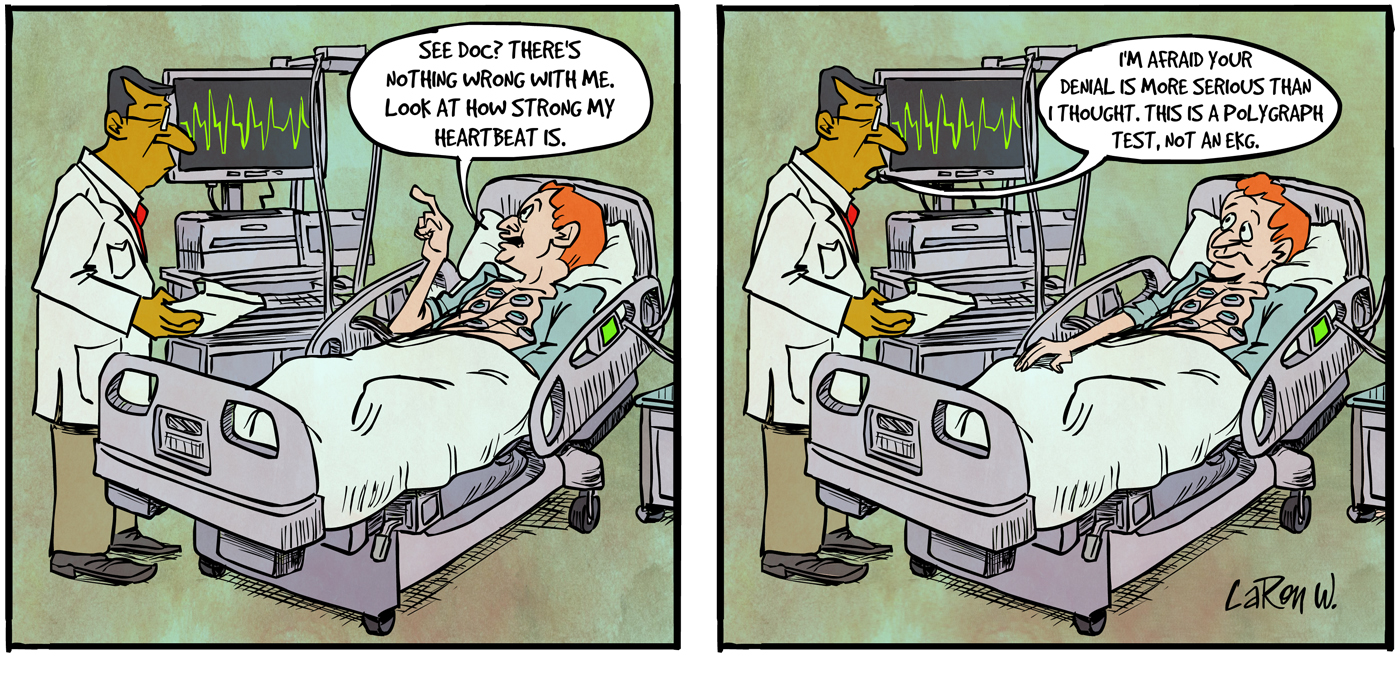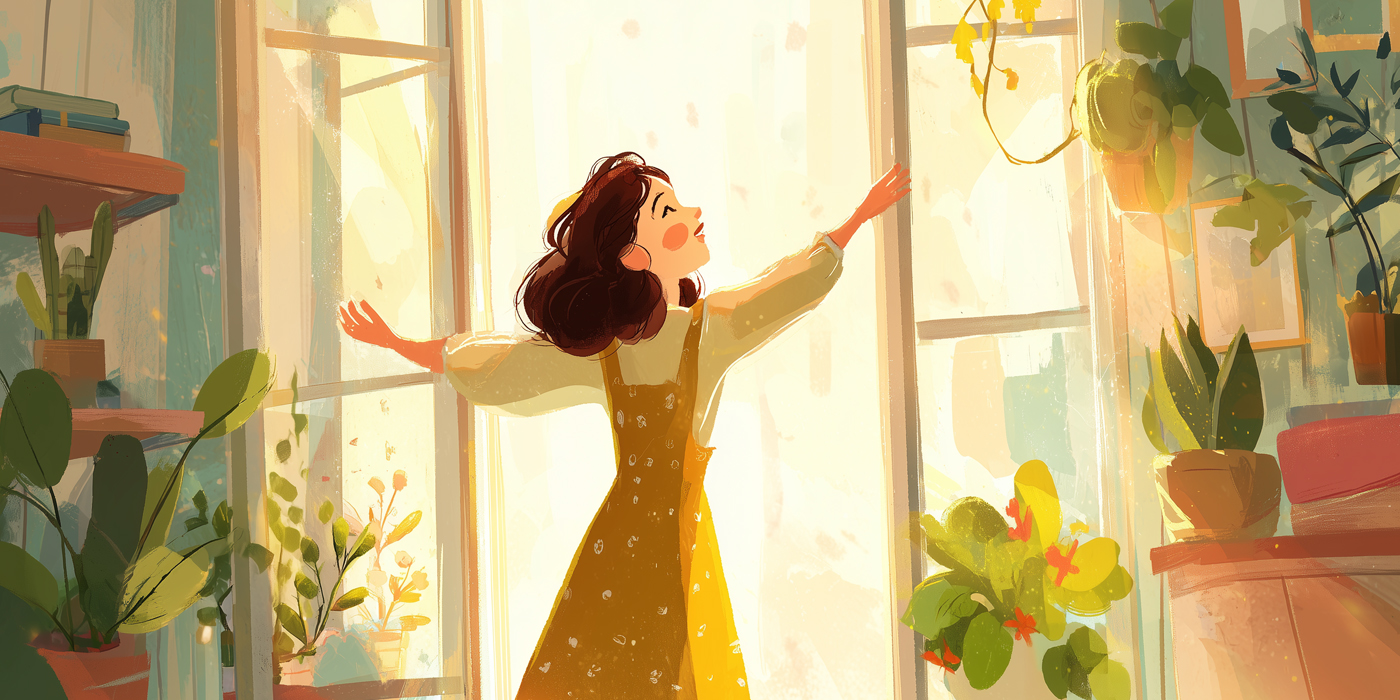One of my favorite Essay articles appeared in 2003, Issue Four. It’s called “Rent-A-Sponsor” and is a very funny (in my opinion) “advertisement” to imaginary SA members who are tired of the old, time-honored methods of working the Program. It offers a new (much) “easier, softer way!”
If you would like to read the full article, it is included in our book Practical Recovery Tools, which is a collection of the best Essay articles between 1994-2003. Enjoy!
I believe a sense of humor is a valuable asset. Laughter can help me alleviate negative emotions and feelings and help build positive connections with others. Humor can help smooth some of those bumps on the road of recovery. I am a firm believer that laughter is good for my mental, emotional, spiritual and physical well-being.
The Big Book says, “But we aren’t a glum lot. If newcomers could see no joy or fun in our existence, they wouldn’t want it. We absolutely insist on enjoying life. So we think cheerfulness and laughter make for usefulness. Outsiders are sometimes shocked when we burst into merriment over a seemingly tragic experience out of the past. But why shouldn’t we laugh? We have recovered, and have been given the power to help others.” (AA 132)
Cheerfulness does make for usefulness. One important way is when we “take on the unspectacular but important tasks that make good Twelfth Step work possible, perhaps arranging for the coffee and cake after meetings, where so many skeptical, suspicious newcomers have found confidence and comfort in the laughter and talk.” (12 & 12, 110)
And outside SA, a friendly smile, a word of encouragement, or a humorous incident shared, can make a big difference in someone’s day. We may not even be aware who is struggling—the person processing our grocery order, the bus driver, the busy waiter at the coffee shop, or my next-door neighbor. Cheerfulness is indeed good “medicine”!
I can sometimes lapse into criticism and complaining about some of the things that happen in this imperfect world. But this just negates the peace I might otherwise have in that moment. The Big Book suggests that I don’t “indulge in cynicism over the state of the nations.” (AA 132) Far better if I can just focus on how I can be helpful to others from my little corner of the world.
It’s great to enjoy laughter and fellowship before and after meetings. Fun has also been a regular feature of SA Conferences I have attended here in Australia. At three-day events, Saturday night is usually given over to things like singing a song, reading a poem, participating in a funny sketch, or telling a joke. At the recent one-day Conference in Brisbane, the final session was a fun quiz where we split into teams and tested our knowledge. Speaking of conventions and retreats, the White Book says, “Here we meet friends old and new. We rediscover laughter and have fun together. Our recovery is validated and enhanced in new and stronger ways.” (SA 183)
This year, I purchased a calendar block that has a cartoon on each page. I really look forward to going into my study in the morning and wondering what today’s joke will be. Sometimes I smile, other times I can’t help bursting out in laughter! I have also started compiling a scrap book containing the best cartoons I can find from any source.
I liked what an SA member says in The Real Connection (Nov 18), “Now, when I take inventory, I ask myself if I have laughed at myself today and if I have helped someone else enjoy his or her recovery.”
And here is a good prayer I found in the same entry, “God, help me to live, love, listen, learn, let go, leave behind and laugh today.”
I cannot be grateful enough for the inspirational messages that our AA and SA literature give me each day again—and especially for the Essay way of doing it in the shape of an easy-to-read, well-balanced, and visually attractive magazine.
Doug H., Logan City, Australia






